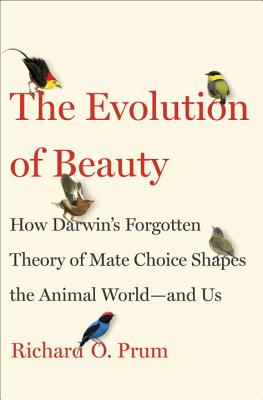Expedite your nonfiction book discovery process with Readara interviews, summaries and recommendations, Broaden your knowledge and gain insights from leading experts and scholars
In-depth, hour-long interviews with notable nonfiction authors, Gain new perspectives and ideas from the writer’s expertise and research, Valuable resource for readers and researchers
Optimize your book discovery process, Four-to eight-page summaries prepared by subject matter experts, Quickly review the book’s central messages and range of content
Books are handpicked covering a wide range of important categories and topics, Selected authors are subject experts, field professionals, or distinguished academics
Our editorial team includes books offering insights, unique views and researched-narratives in categories, Trade shows and book fairs, Book signings and in person author talks,Webinars and online events
Connect with editors and designers,Discover PR & marketing services providers, Source printers and related service providers

The Evolution of Beauty: How Darwin's Forgotten Theory of Mate Choice Shapes the Animal World - And Us
Science > Life Sciences - Evolution
- Doubleday Books
- Hardcover
- 9780385537216
- 9.5 X 6.3 X 1.5 inches
- 1.9 pounds
- Science > Life Sciences - Evolution
- (Single Author) Asian American
- English
Readara.com
Book Description
NAMED A BEST BOOK OF THE YEAR BY THE NEW YORK TIMES BOOK REVIEW, SMITHSONIAN, AND WALL STREET JOURNAL
A major reimagining of how evolutionary forces work, revealing how mating preferences--what Darwin termed the taste for the beautiful--create the extraordinary range of ornament in the animal world.
In the great halls of science, dogma holds that Darwin's theory of natural selection explains every branch on the tree of life: which species thrive, which wither away to extinction, and what features each evolves. But can adaptation by natural selection really account for everything we see in nature?
Yale University ornithologist Richard Prum--reviving Darwin's own views--thinks not. Deep in tropical jungles around the world are birds with a dizzying array of appearances and mating displays: Club-winged Manakins who sing with their wings, Great Argus Pheasants who dazzle prospective mates with a four-foot-wide cone of feathers covered in golden 3D spheres, Red-capped Manakins who moonwalk. In thirty years of fieldwork, Prum has seen numerous display traits that seem disconnected from, if not outright contrary to, selection for individual survival. To explain this, he dusts off Darwin's long-neglected theory of sexual selection in which the act of choosing a mate for purely aesthetic reasons--for the mere pleasure of it--is an independent engine of evolutionary change.
Mate choice can drive ornamental traits from the constraints of adaptive evolution, allowing them to grow ever more elaborate. It also sets the stakes for sexual conflict, in which the sexual autonomy of the female evolves in response to male sexual control. Most crucially, this framework provides important insights into the evolution of human sexuality, particularly the ways in which female preferences have changed male bodies, and even maleness itself, through evolutionary time.
The Evolution of Beauty presents a unique scientific vision for how nature's splendor contributes to a more complete understanding of evolution and of ourselves.
Author Bio
I am an evolutionary ornithologist with broad interests in avian biology. I have done research on diverse topics, including avian phylogenetics, behavioral evolution, feather evolution and development, sexual selection and mate choice, sexual conflict, aesthetic evolution, avian color vision, structural color, carotenoid pigmentation, evolution of avian plumage coloration, historical biogeography, avian mimicry, and the theropod dinosaur origin of birds. For more details see my Research pages.
I have conducted field work throughout the Neotropics and in Madagascar, and have studied fossil theropods in China.
At Yale, I am the Curator of Ornithology and Head Curator of Vertebrate Zoology in the Yale Peabody Museum of Natural History. I have previously served as Chair of the Department of Ecology and Evolutionary Biology (2008-2011).
From 2012-2017, I was the Director of Franke Program in Science and the Humanities (http://www.yale.edu/whc/frankeprogram.html), which is an initiative at Yale that aims to foster communication, mutual understanding, collaborative research and teaching among diverse scientific and humanistic disciplines. The Franke Program sponsored lectures, events, workshops, and courses that span the major traditional division of the university. It is made possible by the generosity of Richard (‘53) and Barbara Franke.
Education
- Harvard University, Cambridge, Massachusetts. A.B. Cum Laude in Biology, 1982.
- University of Michigan, Ann Arbor, Michigan. Ph.D. in Biological Sciences, 1989.
Source: Yale University - Prum Lab
Videos












Community reviews
No Community reviews

